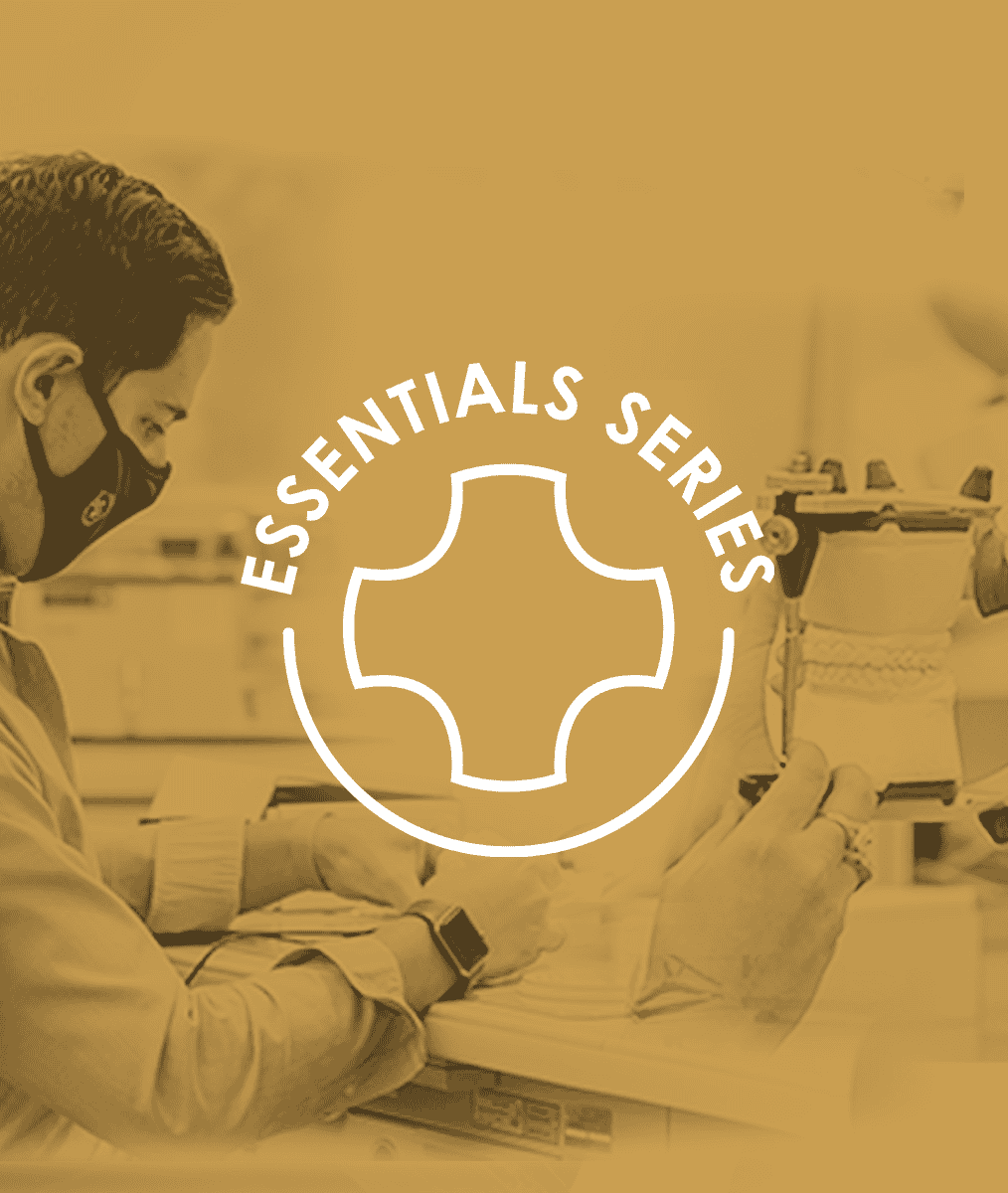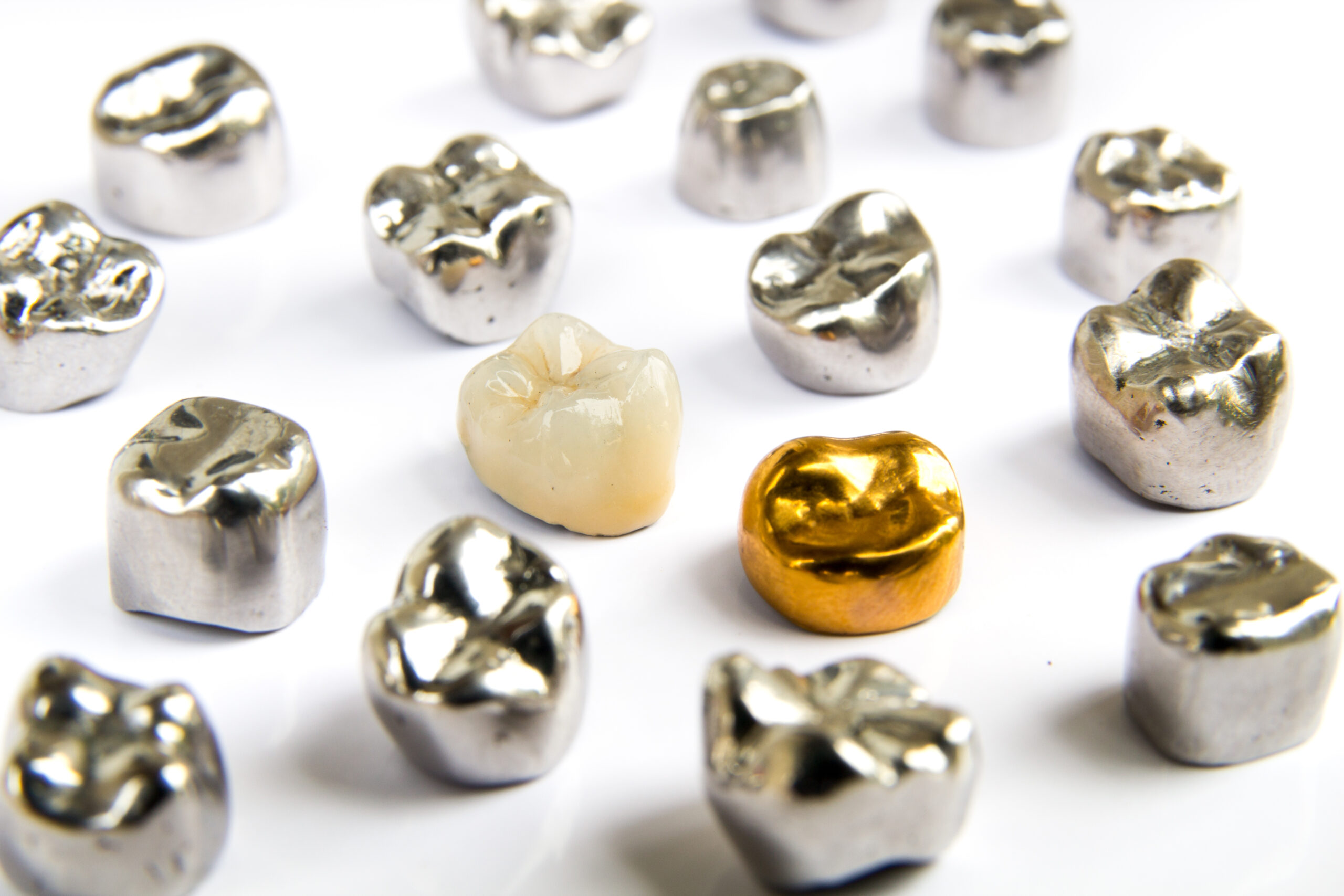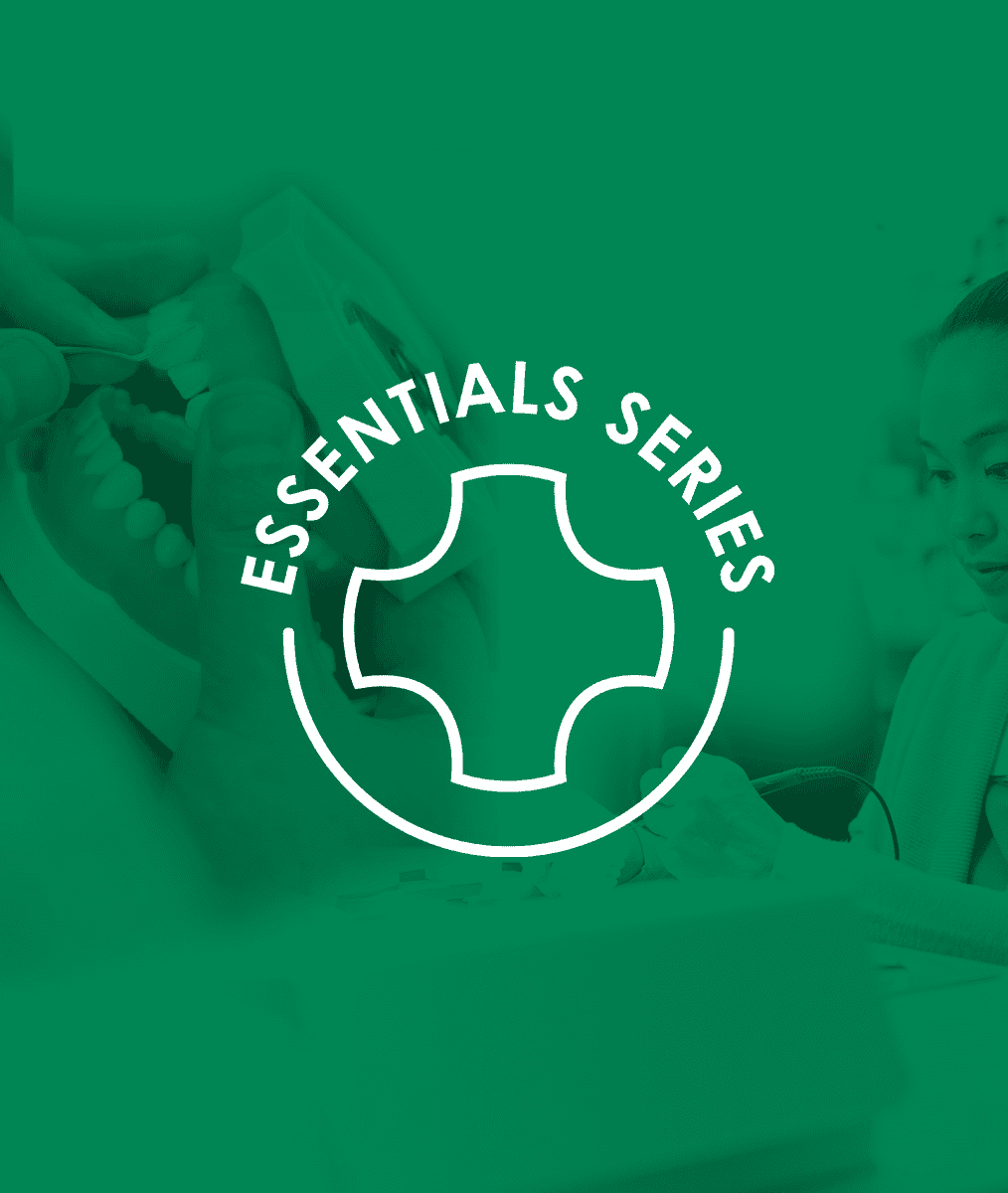Are You Interested, or Are You Committed?
In a conversation with a young dental practice owner, this doctor recited a long list of the things he would like to do. He also said he had colleagues, even mentors, giving him advice on how to run his practice. When I asked him questions to help him align his vision and values with the things he would like to do, we were able to narrow down the long list to three items that would be most impactful for his business. First, he was committed to being a great business owner, getting advice, and establishing an employee manual for his practice so that he could do the right things for the right reasons. Second, he wanted to create a brand for his practice, and that was going to involve marketing and training for his front office. Third, he was committed to getting advanced clinical training for himself and his clinical team.
As we started looking at courses for him and his front office and clinical teams to attend, I could feel his excitement rising. He blocked out time on the calendar for these courses. I could sense that he was crossing over from interest to commitment.
When you are “interested” – most often, it’s something that you approach at your convenience, while other things get in the way. What comes to mind are so many New Year’s resolutions for which people tend to be interested in losing weight, getting healthier, finding a new job, etc. but commitment is weak and it often wains after a few weeks.
When you truly want something to happen, you align other things, so it takes priority – you become “committed.” You take action, no matter what. In the case of the young practice owner, he blocked out his practice calendar and paid in advance for courses. That shows how committed he was.
When you’re thinking about goals for your practice, consider this: what goals will have the greatest impact on achieving your vision? Which ones are in true alignment with your values and will add to the practice culture you are building? Which should you prioritize? Then ask yourself, are you simply interested in doing them, or are you truly committed to doing them? If you’re committed, take action!
Related Course
E4: Posterior Reconstruction and Completing the Comprehensive Treatment Sequence
DATE: May 2 2024 @ 8:00 am - May 6 2024 @ 2:30 pmThis Course Is Sold Out! The purpose of this course is to help you develop mastery with complex cases involving advanced restorative procedures, precise sequencing and interdisciplinary coordination. Building on…
Learn More>












